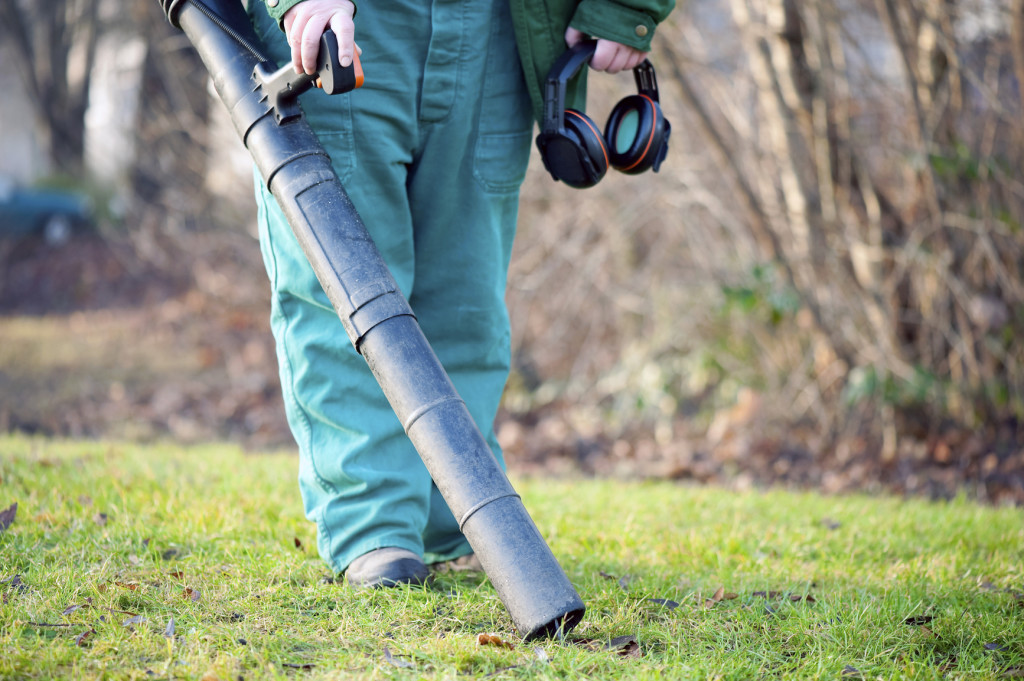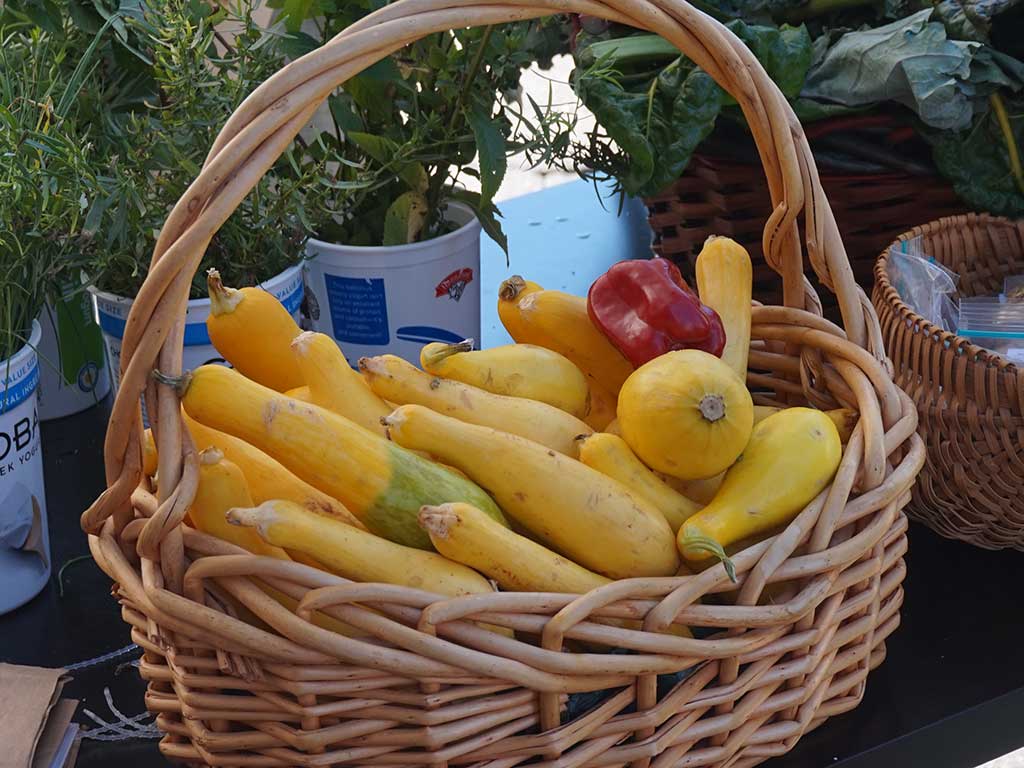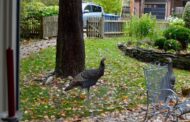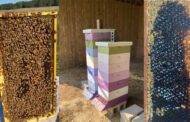Bright Ideas No. 36
SHORT TAKES II: Leaf blowers, climate education & permaculture
BRIGHT IDEA: Let’s Quit Gas-powered Leaf Blowers

Seldom is there an opportunity with so much potential. Here’s the chance to do something good for the climate while also promoting neighborhood peace and harmony. There are two very different types of leaf blowers. There are those that are gas-powered, noisy nuisances. Then there are those that are quiet, equally efficient electric or battery-powered models.
While irritating neighbors with offensive noise and dust, the former exude inordinate amounts of greenhouse gases. The latter are harmless, completely quiet, and elicit only favorable comments from neighbors. In addition, they neatly fit into the city’s Electrify Everything campaign. Borrow, rent, or buy an electric or battery-powered leaf blower from a friend, neighbor, the Portland Tool Library, or a hardware or garden store.
BRIGHT IDEA: Help Climate Education for Children Get Off the Ground
We can’t allow a timely project to start with a whimper rather than the bang it deserves! We developed a DIY booklet for students to introduce them to the six Big Moves outlined in the city’s One Climate Future plan:
- Build better buildings
- Connect people to places & opportunities
- Use clean renewable energy for everything
- Think in cycles
- Protect what takes care of us
- Work together
After reading simple descriptions of each move, students are asked to illustrate their thoughts with drawings, collages, or even short stories. We encourage family and friends to join in the fun!
PCAT printed 500 booklets with background explanations and directions.
The language is age-appropriate for fourth to sixth graders and the project comes in English, Arabic, French, Portuguese, and Spanish. If your organization or family wants to get involved and spread the word, contact: portlandclimateaction@gmail.com.
Let’s make this project a resounding success. Our children’s future depends on it!
BRIGHT IDEA: Take the Path to the Future with Permaculture
To wrap up our discussion of permaculture, look to the future – especially the scarcity of food and the need to grow more of our own. Even if we’re not able to get our hands dirty in a garden, some overarching principles of permaculture may still apply to our lives. Consider these examples: “Make the least change for the greatest effect,” or using the least amount of effort needed. “Start small” at your doorstep with the smallest systems possible and build from there. “Turn problems into solutions,” insurmountable opportunities surround us. And “use mistakes as tools for learning,” a sign that we’re trying to do things better.
Permaculture stresses natural affinities. A basic forest, for example, contains trees, shrubs, and ground plants. But to take full advantage of every planting opportunity, a truly deluxe forest garden contains as many as seven tiers of vegetation – tall trees, low trees, scrubs, herbs, ground covers, vines, and root crops.
Even if you can’t create a full-fledged forest garden, much can be learned from permaculture. If you find yourself the least bit inspired, we strongly encourage you to pick up “Gaia’s Garden” by Toby Hemenway, available through Interlibrary Loan.
Portland Climate Action Team brings you Bright Ideas. We meet monthly on the fourth Thursday, 6 to 7:30 p.m. All are welcome to join in. FMI: portlandclimateaction@gmail.com.





